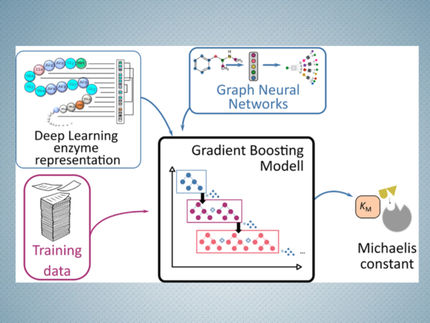DSM launches U.S. Department of Energy-funded research initiative for second generation biofuels
Advertisement
Royal DSM N.V. announced the execution of a multimillion dollar cooperative funding agreement with the US Department of Energy to underwrite a portion of research and development costs aimed at enabling "second generation" biofuels from non-food feedstocks.
In February 2008, a consortium led by DSM that includes Abengoa Bioenergy New Technologies, Los Alamos National Laboratory and Sandia National Laboratory was awarded USD 7.4 million by the Department of Energy toward a proposed USD 33 million program to conduct cost effective enzyme development focused on finding applications in cellulose-based biorefineries for the production of advanced biofuels bio-based products. As part of its strategy to fully establish industrial biotechnology as an alternative to traditional petrochemical manufacturing, DSM has committed to funding the majority of the project costs and to creating new highly skilled "green collar" jobs at its Belvidere, NJ facility. The research will help further the Department of Energy's goal of making cellulosic ethanol cost-competitive with gasoline by 2012, and the standard set out in the Energy Independence and Security Act of 2007 calling for the U.S. to produce 36 billion gallons of biofuel by the year 2022.
"This initiative is a major step forward in DSM's mission to make Industrial Biotechnology a competitive alternative for manufacturing sustainable and renewable fuel, material and medicine," says Feike Sijbesma, DSM CEO. "Through our collaboration with government and other industry leaders, we will be able to accelerate cellulosic biofuels R&D, help make New Jersey a powerhouse in the quest for sustainable energy independence, and create high-value green collar jobs within the state."
DSM and the Department of Energy, through their Cooperative Agreement, will work during the next four years to develop cost efficient enzymes to allow for the manufacturing of commercial quantities of second generation biofuel. This work has already begun, and will continue at DSM's facility in New Jersey, and around the world.




















































